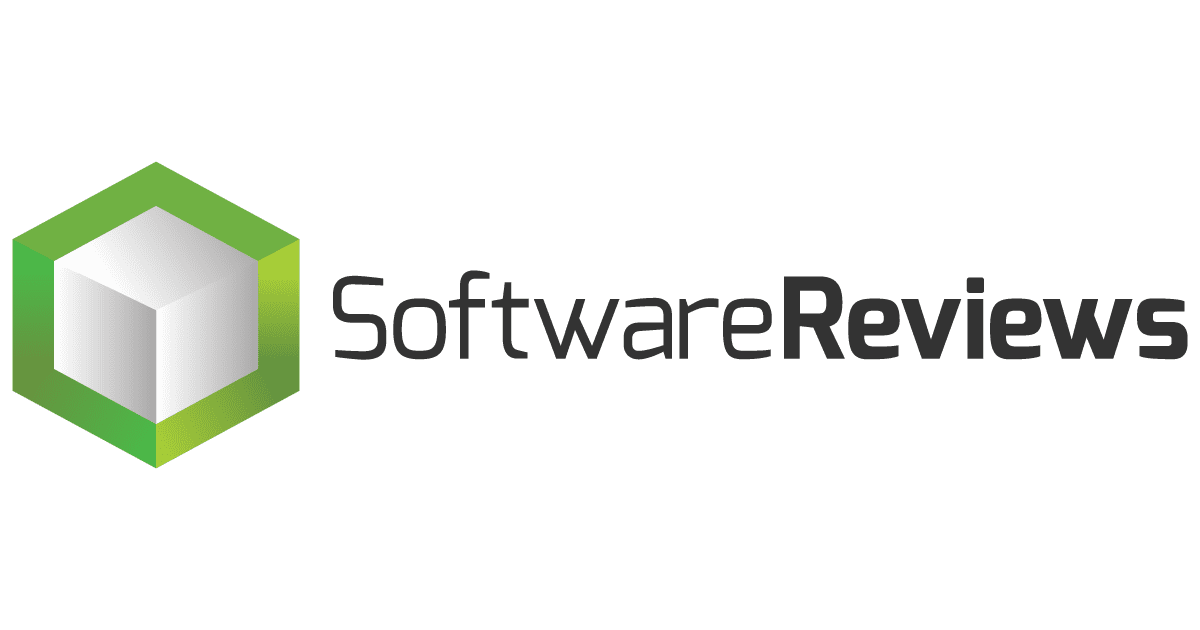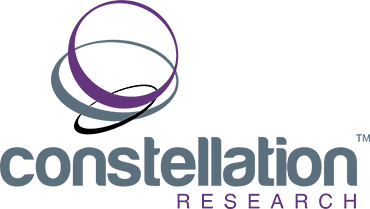Improve Data Quality, Improve Business Outcomes
According to Gartner, poor data quality is estimated to cost businesses an average of $15 million annually. Inaccurate, inconsistent, or outdated data leads to flawed decisions, missed opportunities, and rising operational costs. However, with a tool like Semarchy Data Platform, you can enhance both your data quality and business outcomes.
Build a Data Foundation You Can Trust
Your business decisions are only as good as the data behind them. This comprehensive eBook explores the hidden costs of poor data quality, the most common challenges companies face, and how to overcome them with modern tools and proven frameworks. Discover how organizations leverage platforms like Semarchy to unify, cleanse, and govern their data, transforming chaos into clarity.
What You’ll Learn
- The six dimensions of data quality and how to improve them
- How to build a scalable, business-aligned data quality framework
- The ROI of investing in data quality and governance initiatives
A look inside
Trust your data and your peers

We were recognized for our innovative and dynamic solutions in the Gartner® 2024 Peer Insights™ report, affirming our commitment to high-quality data management. Gartner synthesizes real user reviews into insights. 97% of customers are willing to recommend Semarchy.
Learn more
We were recognized as a Champion in Master Data Management by Software Reviews, powered by Info-Tech. Software Reviews evaluates feedback data directly from verified end users about their experience with top software providers. Semarchy outperforms its competitors across all key satisfaction metrics.
See why
We made the Constellation Research Inc. ShortList™ for Master Data Management. Constellation evaluates more than 15 solutions and creates its ShortList™ based on client inquiries, partner conversations, customer references, vendor selection projects, market share, and internal research.
See the list





















































